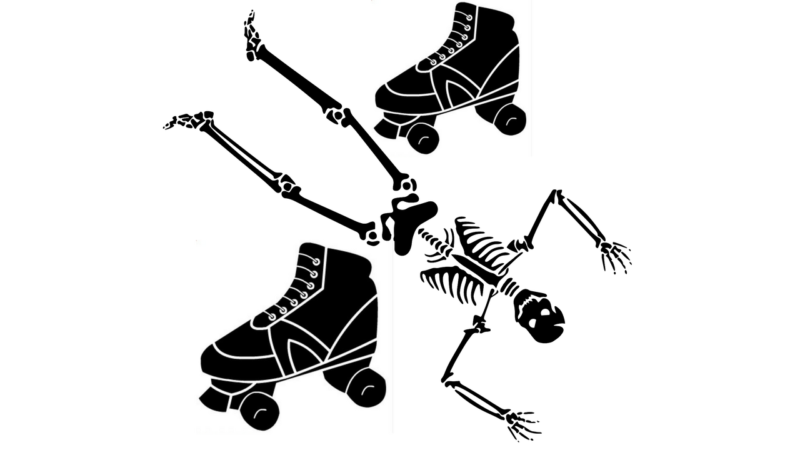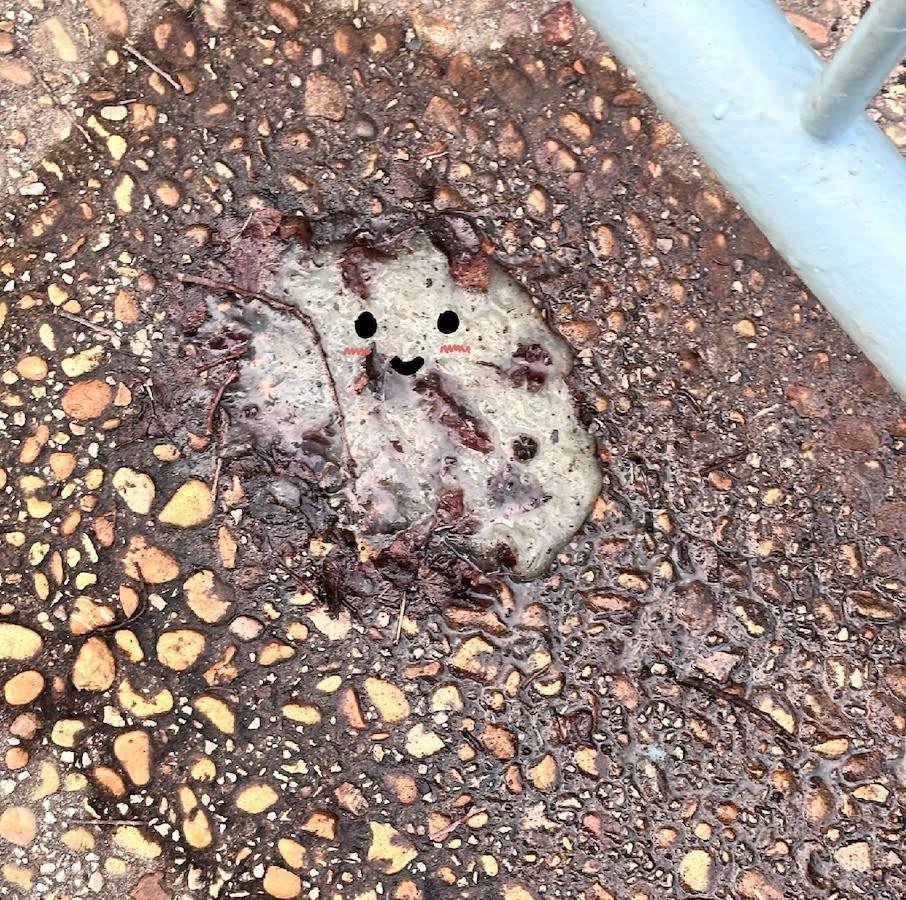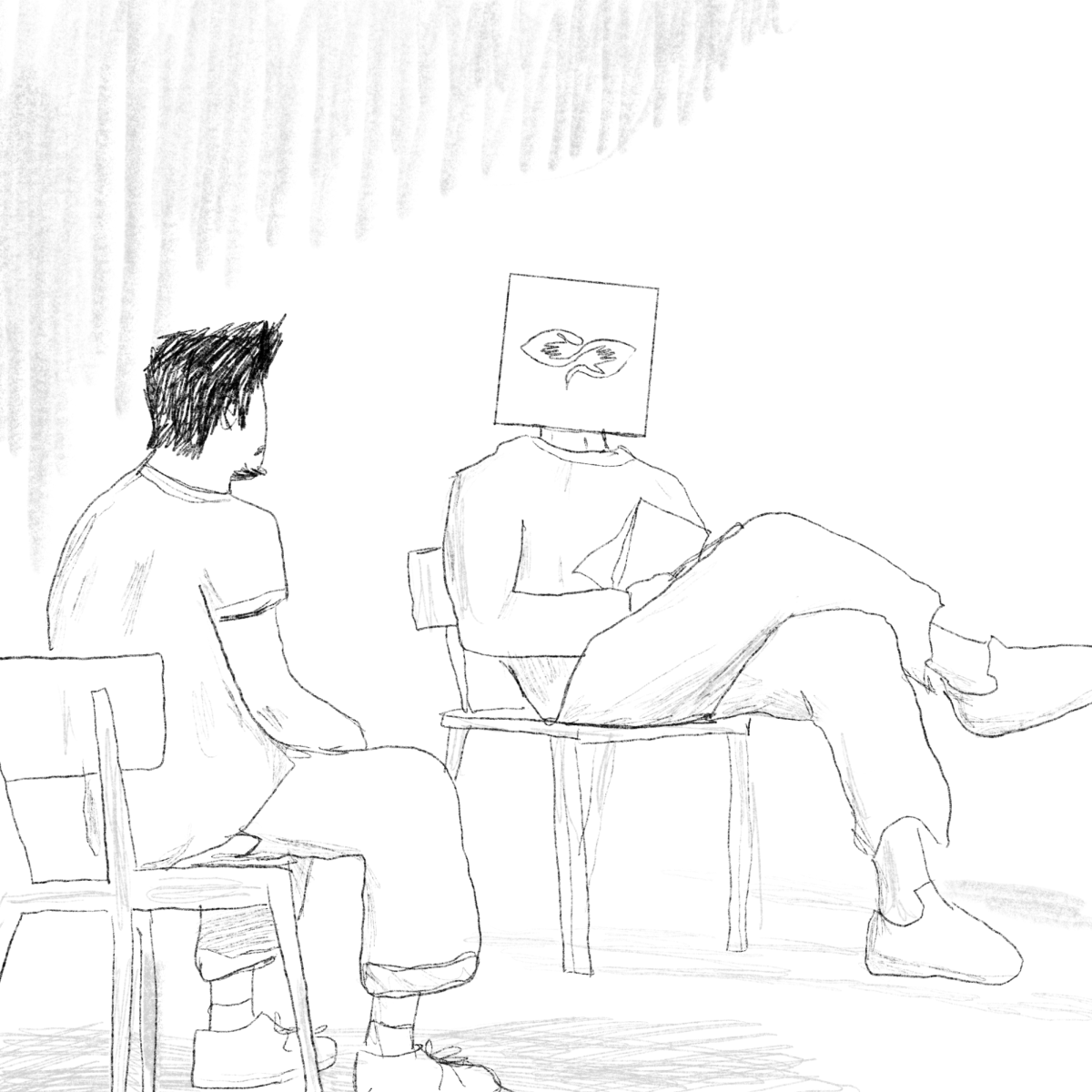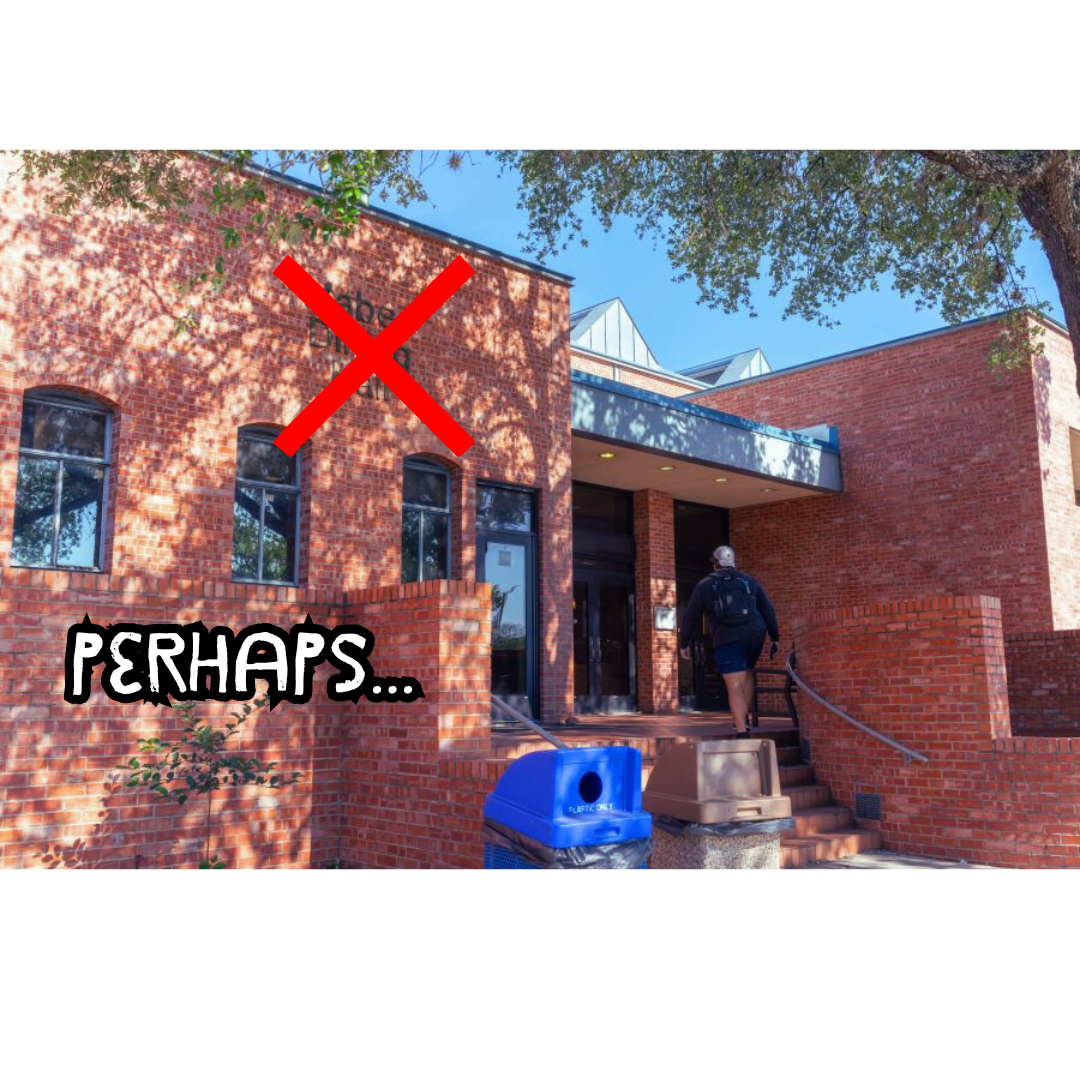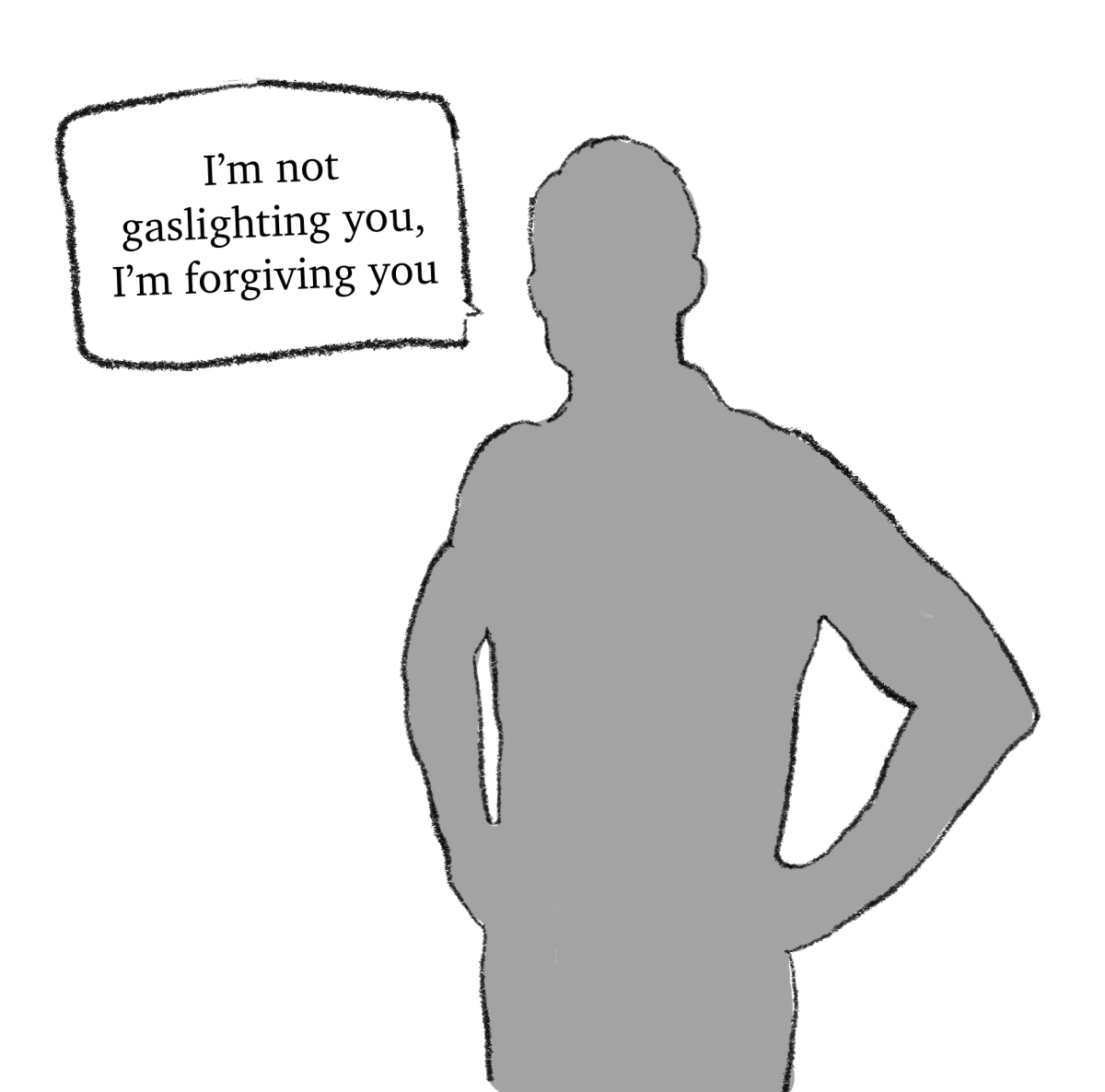Faculty members share advice on maintaining well-being following reports of incidents in physical education class
Whether walking around campus or participating in a class, Trinity students should always be wary of potential dangers on our slippery campus. Last week, several students sustained injuries in the roller skating class taught by Mark Lewis, professor of computer science, including Cheyne Minto, a sophomore who broke a bone as a result of a fall.
”I’ve been teaching the skating class since 2007 and for the most part, on average, there’s less than one broken bone in the class per year. They’re infrequent, but obviously they can happen. Cheyne was pushing the limits on what he could do, with no pads on, and then took one spill towards the end that was a little bit harder,” Lewis said.
We reached out to Minto for a comment, but he declined an interview. However, other students were present when Minto fell and have since discussed the consequences of taking a physical education class.
”I guess some classes have inherent danger to them. I think that in a class where progress comes from physically going outside of your comfort zone, accidents like these are bound to happen. Prevention measures can obviously be taken, but it would be at the cost of freedom to progress in the best way for the individual,” said Alexander Hansen, a junior computer science and Chinese double major.
Besides injury in the classroom, so to speak, members of the Trinity community should beware of situations where a trip or slip can lead to them hurting themselves or others. Osvaldo ”Ozzie” Crespo III, Trinity’s director of Environmental Health and Safety, sees to it that Trinity students, staff and faculty are as safe as possible on campus. In his role, Crespo has observed that the majority of injuries on campus are in fact related to falling.
”Based on the information provided to us on our Supervisor Report of Injury Form, the majority of the injuries that occur on campus are from slips, trips and falls. The slips can be the result of wet floors when it is raining or when something is spilled, or even a layer of dust on a floor. Trips can be the result of uneven walkways, power cords or clutter that can result in someone falling,” Crespo said.
Crespo adds that in whatever situation you may find yourself in, it is always a good idea to be looking out for the safety of others.
”What it comes down to is “speaking up.” For example, if you have to hesitate for a second and say, ‘Hmm, someone could get hurt from that,’ then there is a chance it could happen,” Crespo said.
Crespo has also observed that the habit of walking across campus while using a phone can cause harm.
”Also, keep your head up when walking. Many people become hyper-focused on that tweet, snap or text that they are oblivious to their surroundings. I have witnessed it first-hand throughout campus, not only when I have been walking, but also in the parking garage,” Crespo said.
As for safety tips on the roller rink, Lewis has some up his sleeve.
”You can trip and fall doing anything, but most people are more prone to do it when they’re on wheels than otherwise. Generally when you fall forward, you bruise your knees or something like that, but there’s generally no serious injury if you fall that way. Then another thing is be willing to fall. What really gets people into problems is that they try not to fall too hard. They pass the point where they’re going to fall, there’s nothing they can do to save themselves, but they’re still trying,” Lewis said.
Lewis has noticed that some rollerskaters may attempt to purposely harm others, but the students who enroll in his course have been careful to avoid this.
”Other things that could cause problems would be being taken out by other people. That doesn’t happen to us all that often in our class. During the time that we’re there, it’s pretty much just us and most people in the class don’t intentionally try to take out other people, or accidentally for that matter,” Lewis said. ”A big part of that is staying in control, which they generally do a good job of, and if they didn’t, I would have to go tell them ‘You’re out of control.’
Although there is always a concern for safety at Trinity, it may be a relief for some to hear that students are young enough to be fairly resistant to getting hurt, and that their injuries heal successfully with time.
”College students generally bounce pretty well, but once people get into their 40’s and 50’s, they don’t bounce very well,” Lewis said.

